
Michele Koppes | Lab Director
Dr. Koppes is a Professor of Geography and Faculty Associate at the Institute for Resources, Environment, and Sustainability at the University of British Columbia.
Her research focuses on landscape response to climate change, from the current day to the long term. She is fascinated with all rates of geomorphic change, particularly the effects of glaciers and humans on mountain landscapes and how cultures perceive and adapt to these changes. In addition to her scholarly interests, she is involved in creative science communication, transformative education, and critical approaches to physical geography.
Personal Website: http://blogs.ubc.ca/koppes/
Current Members’ Research Locales

Holly Chubb | Postdoctoral Fellow
Holly joined the lab in 2021 as a Natural Environment Research Council PhD Candidate from Newcastle University (UK), completing her PhD in the lab in 2024. Her research explores the implications of climate change on high mountain hazards, with a focus on contemporary examples from the Patagonian Andes and Coast Mountains: the 2010 Qw’elqw’elústen (Mount Meager) debris flow, 2017 Villa Santa Lucía aluvión, and 2019 N’skenú7 (Joffre Peak) landslides.
She investigates how a degrading cryosphere is increasing the frequency and magnitude of these phenomena, with a special interest in the bulking and entrainment mechanism of catastrophic mass movement events, using event signatures preserved in the geomorphological record for hazard understanding and prediction.
Her postdoctoral work has expanded to consider community-centred approaches to managing risks from catastrophic mass movements in Canada in Chile.
Email: holly.chubb@ubc.ca

Joshua Kakepetum | MSc Student
Joshua joined the lab in 2023. I grew up in Winnipeg, Manitoba with some younger years in Red Lake Ontario. I have an honors degree in Geography from the University of Manitoba and did my undergraduate thesis looking at the spatial relationships between Arctic shipping and marine mammals in Inuit communities. My interests lay in big data, AI, and geospatial science and how they can be applied to climate change impacts for policy.
This led me to become a Jr. Science Advisor for the Canadian federal government in the national capital region, applying spatial data in the support and development of science policy in Canada.
I am now pursuing my Master of Science in Geography in the Landscapes lab. My current interests shifted towards geoheritage and the co-production of knowledge. My interests in geoheritage are rooted in my passion for museums, where geoparks can be thought of as outdoor museums showcasing beautiful landscapes, local cultures, and the natural/anthropogenic histories surrounding the region. Currently, I am exploring geoheritage sites in South Korea and Canada with the use of GIScience, co-produced with local knowledges.
Email: joshua.kakepetum@ubc.ca
Lab Alumni
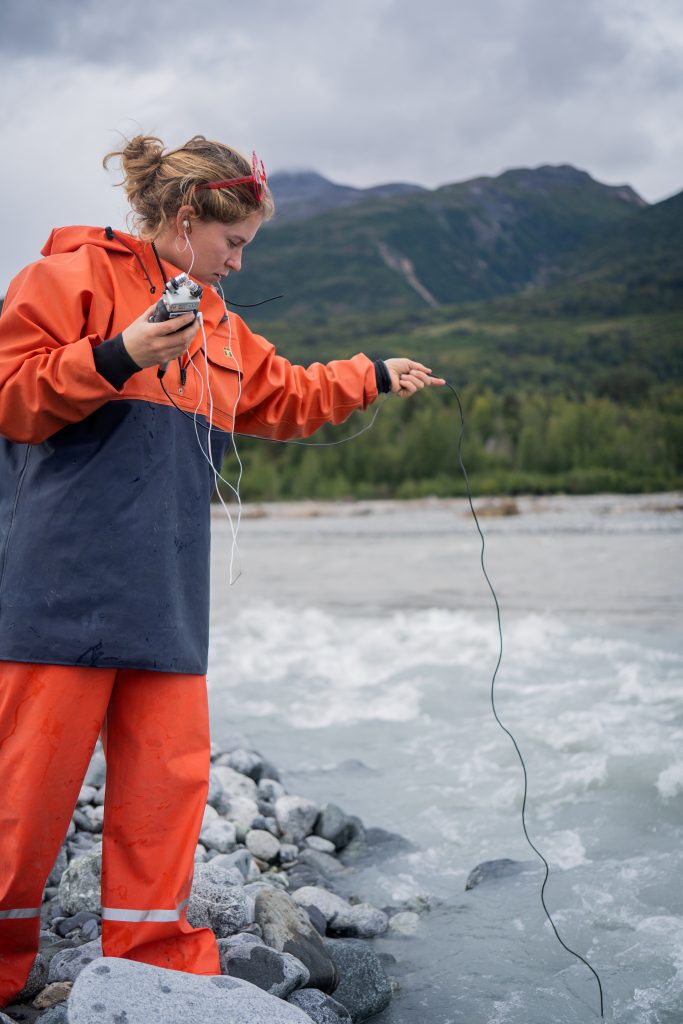
Annika Ord | MSc
Annika’s research focused on learning from Indigenous and place-based knowledge to understand the impact of glacier loss on coastal ecosystems, hazards, food resources, and culture in Lingít Aaní. While previous studies primarily examined the biophysical relationship between glaciers and salmon, Annika’s work emphasized engaging local communities, including Indigenous groups and fishermen, to integrate their observations of glacier change. By collaborating with the Children of the Taku Society, Annika supported a Tlingit language immersion camp on the Juneau Icefield in summer 2024.
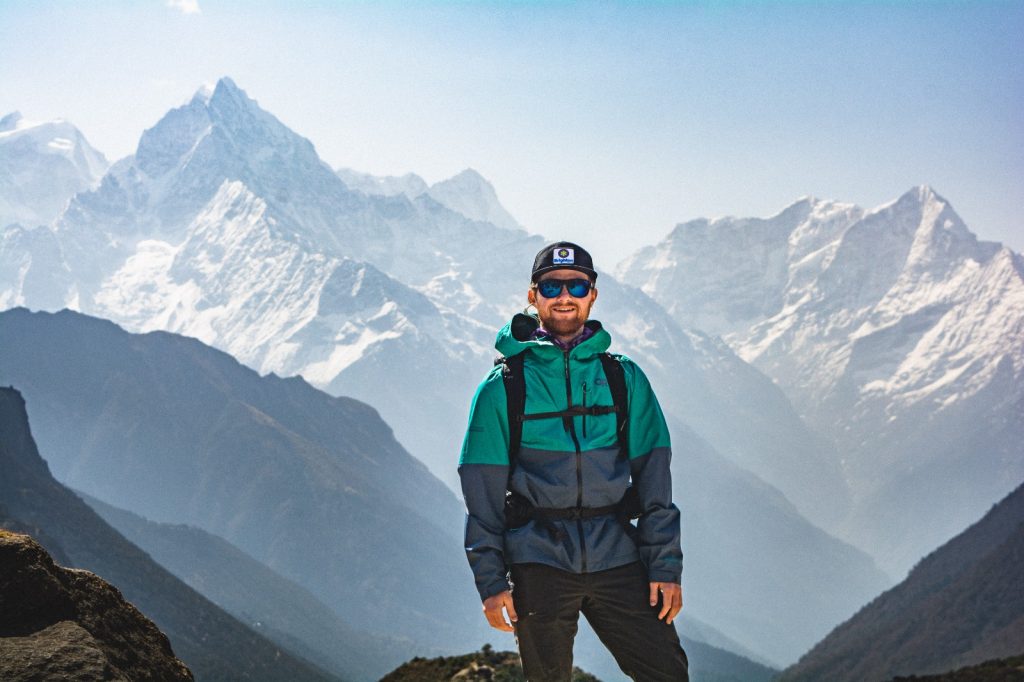
Maicen Stuart | MSc
Maicen joined the lab in 2022. Maicen’s research centered on exploring the ways that mountain communities are experiencing and adapting to climate change and how the scientific community engages with local perspectives of the changing environment in Khumbu, Nepal. Through bibliographic and network analysis and acoustic soundscapes, his research seeks to understand the scientific production of knowledge in Khumbu and how the scientific community has engaged and consulted with Sherpa communities and their perspectives and knowledge. He engages with these ideas in a way that includes a diverse set of knowledge systems, and interdisciplinary contexts, and reflexively considers his own positionality.

Flavien Beaud | Postdoctoral Fellow
Flavien joined the lab in 2020 as a Swiss National Science Foundation postdoctoral fellow. He is passionate about the processes that shape landscapes, particularly in mountainous and glaciated landscapes. His research explores ice dynamics, subglacial hydrology, glacier erosion, and sediment transport, focusing on better quantifying the interactions between these processes.
He believes that a varied approach is key to better understanding physical processes and his research involves theory and numerical modeling, as well as fieldwork and laboratory experiments.
Personal Website: http://flavienbeaud.com/

Avinash Parla | PhD
Avinash joined the lab in 2019 after completing a MSc. under the supervision of Prof. RAAJ Ramsankaran at the Indian Institute of Technology, Mumbai. His doctoral research focused on the glacier dynamics and quantification of mass loss in the Canadian Arctic, using remote sensing and optical satellite data. The aim was to utilize remote sensing technology to improve our understanding of the impacts of climate change on remote glaciers of the Canadian Arctic.

Graham McDowell | PhD
Graham successfully defended his PhD in 2020 looking at the socio-ecological dimensions of cryospheric change in high mountains. He led projects in the Nepal Himalaya, Rocky Mountains, Greenland, and the Canadian Arctic as well as numerous global-scale assessments of environmental change in cold regions. Graham moved on to a Banting Postdoctoral Fellowship at the University of Zurich, as well as becoming the Project Leader for the Canadian Mountain Assessment, which launched in 2023.
Personal Website: grahammcdowellresearch.com

Alexandra Winter-Billington | PhD
Alex’s doctoral research is on changes to glacier mass balance and melt water generation in the Indian Himalaya given climate change. In collaboration with scholars at The Indian Institute for Science Education and Research (Pune) and the Institute of Mathematical Sciences, Chennai, she set up a comprehensive monitoring system at Satopanth Glacier in Uttarakhand to address the effect of extensive supra-glacial debris on energy transfers and melt, with the aim of creating a transferable, physically based model of the energy flux in supraglacial debris that will eliminate the need for laborious field work.

Matt Chernos | MSc
Matt is a Hydrologist and Data Analyst based in Calgary, AB. Matt’s master’s research explored how the presence of a lake at a glacier terminus affects the melt rate at Bridge Glacier, British Columbia. He now spends a lot of time modelling mountain hydrology for industry, government, and not-for-profit stakeholders. He likes mountains, glaciers, travelling to cool places to see more mountains and glaciers, and cool (open-source!) data analysis.
Personal Website: https://mattchernos.wordpress.com

Lucy MacKenzie | MSc
Although Lucy completed her PhD in fluvial geomorphology at UBC, glaciers and glaciated landscapes were her first true (academic) love. In 2012 she completed an honours thesis surveying the proglacial area of Bridge Glacier, in order to develop a better understanding of the sedimentological and morphological characteristics of deglacial deposits. Her MSc. experimentally investigated thresholds of morphologic stability in steep channels. She completed her PhD in 2019 and is currently a geomorphologist at BGC in Vancouver.
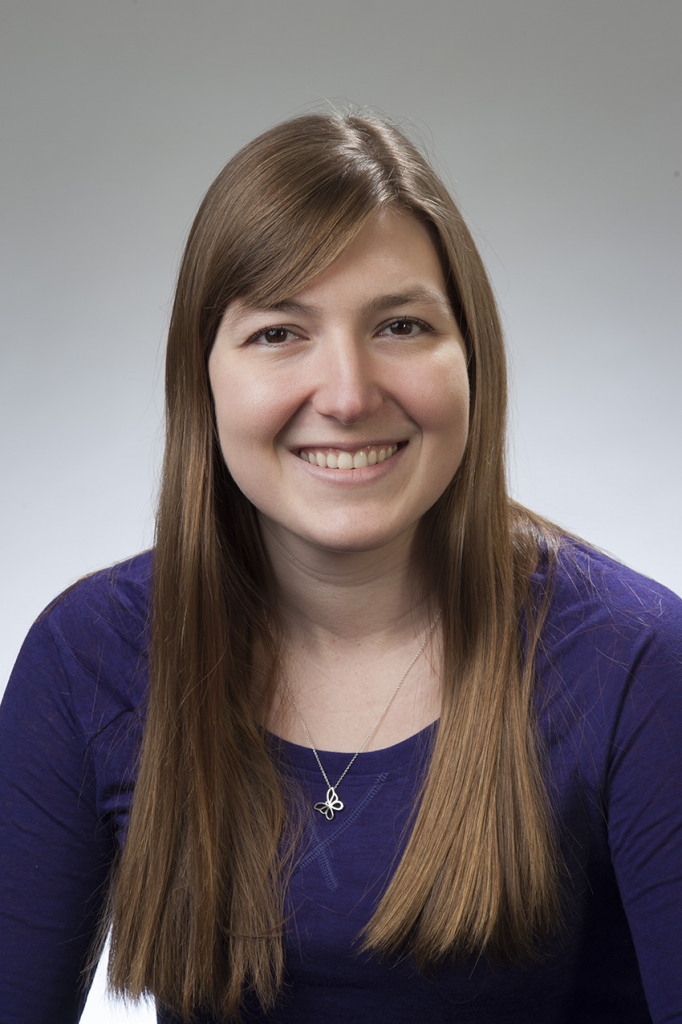
Alexis Moyer | MSc
Alexis completed her MSc in the lab in 2015, where her research focused on streamflow response to the retreat of a lake-calving glacier in the Southern Coast Mountains of BC. She currently is the Head of ESG & Spatial Finance at Edinburgh-based Space Intelligence, a climate-tech start-up supplying consistent, timely and accurate information to support nature-based solutions and sustainability-linked finance.
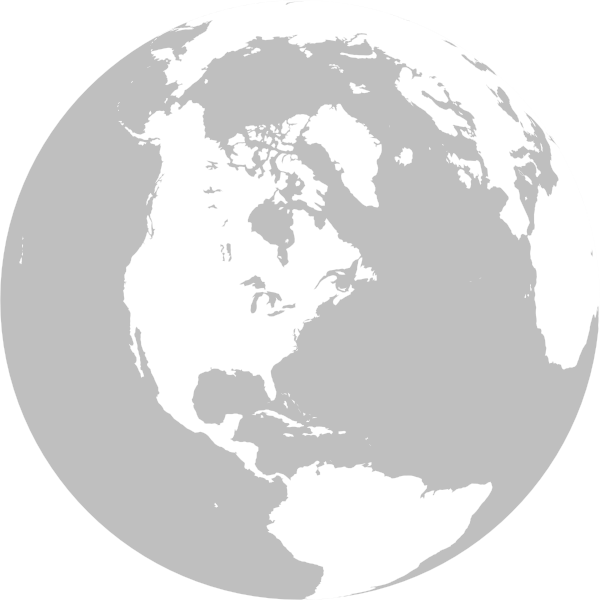
Lawrence Bird | MSc
Lawrence is currently pursuing his Ph.D. at Monash University in Australia. His research focuses on subglacial hydrology, ice-ocean interactions, and understanding ice sheet dynamics through ice sheet modelling of ice shelves in East Antarctica. From 2014 to 2021, he was a Water Resources specialist working with Associated Environmental in Vernon, BC. He completed his MSc in the lab in 2014, focused on the hydrology and thermal regime of Bridge Lake, a proglacial lake fed by Bridge Glacier in the southern Coast Mountains.
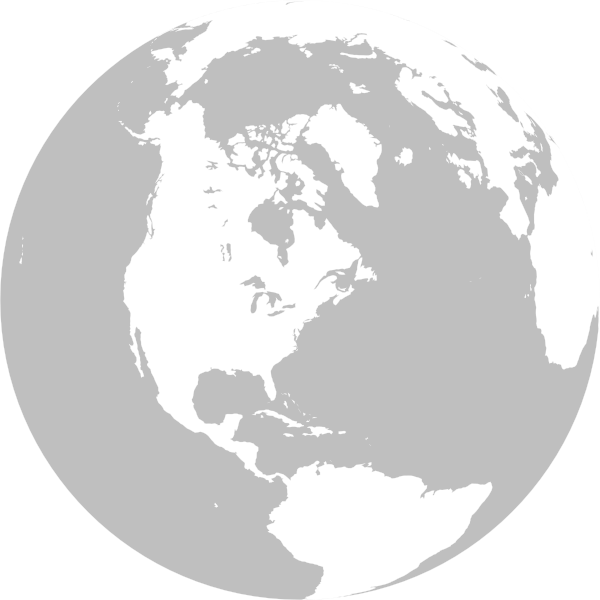
Haley Williams | MSc
Haley’s research focused on the landscape relaxation response to rapid deglaciation in Icy Bay, Alaska. She completed her MSc program in the lab in 2018. She is currently working as a consultant for BGC in Calgary, AB.
Visiting Students

Yanfei Peng
Yanfei joined the lab in the 2021-2022 academic year as a visiting international research student from Northwest Normal University in Lanzhou, China. Her research interests lie in the use of machine learning applications in remote sensing of the cryosphere. Her work focuses on the application of Physical-Informed Neural Networks to investigate ice shelf dynamics. She is currently completing her PhD at Wuhan University, investigating AI methods to document glacial change in the Tibetan plateau.
Undergraduate Research Assistants

SAMADHEE KALUARACHCHI – 2022/2023
Samadhee completed a BSc. with Honours Environmental Sciences in 2023. Her honours thesis focused on the retreat of Bridge Glacier in the Lillooet Icefield, specifically looking at the recent changes in glacier area, climate, and streamflow, including the influence of the proglacial Bridge Lake on regulating streamflow in Bridge River. She is currently pursuing graduate studies in Forestry at UBC.
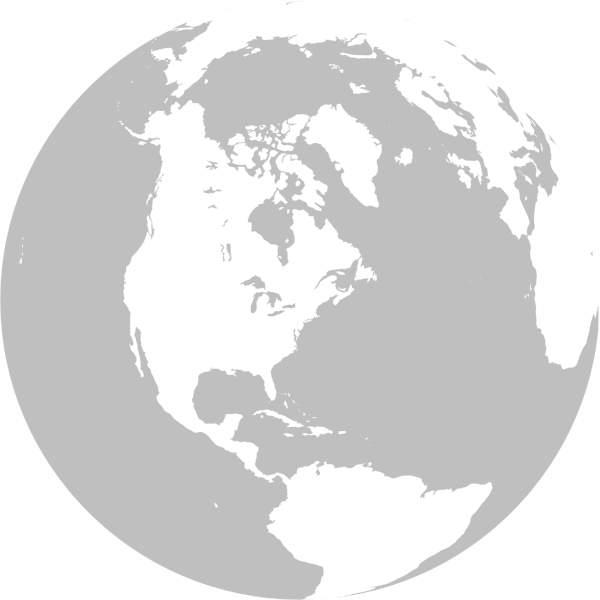
ISAAC LOWENTHAL WALSH – 2022
Isaac joined the lab in 2022,

MADISON BROWN – 2021
Madi completed a BSc. in Soil Science in 2021. She is interested in the relationship between glaciers and the surrounding hydrological and land systems and with the continuation of climate change how this will impact down downstream communities.
She held an NSERC USRA in the lab, where she created an interactive map to identify useful data collections points, as well as resources vulnerable to glacier retreat in Coastal BC and Alaska, and contributing a blog series on “the impact of climate change on the evolution of Bridge Glacier”.
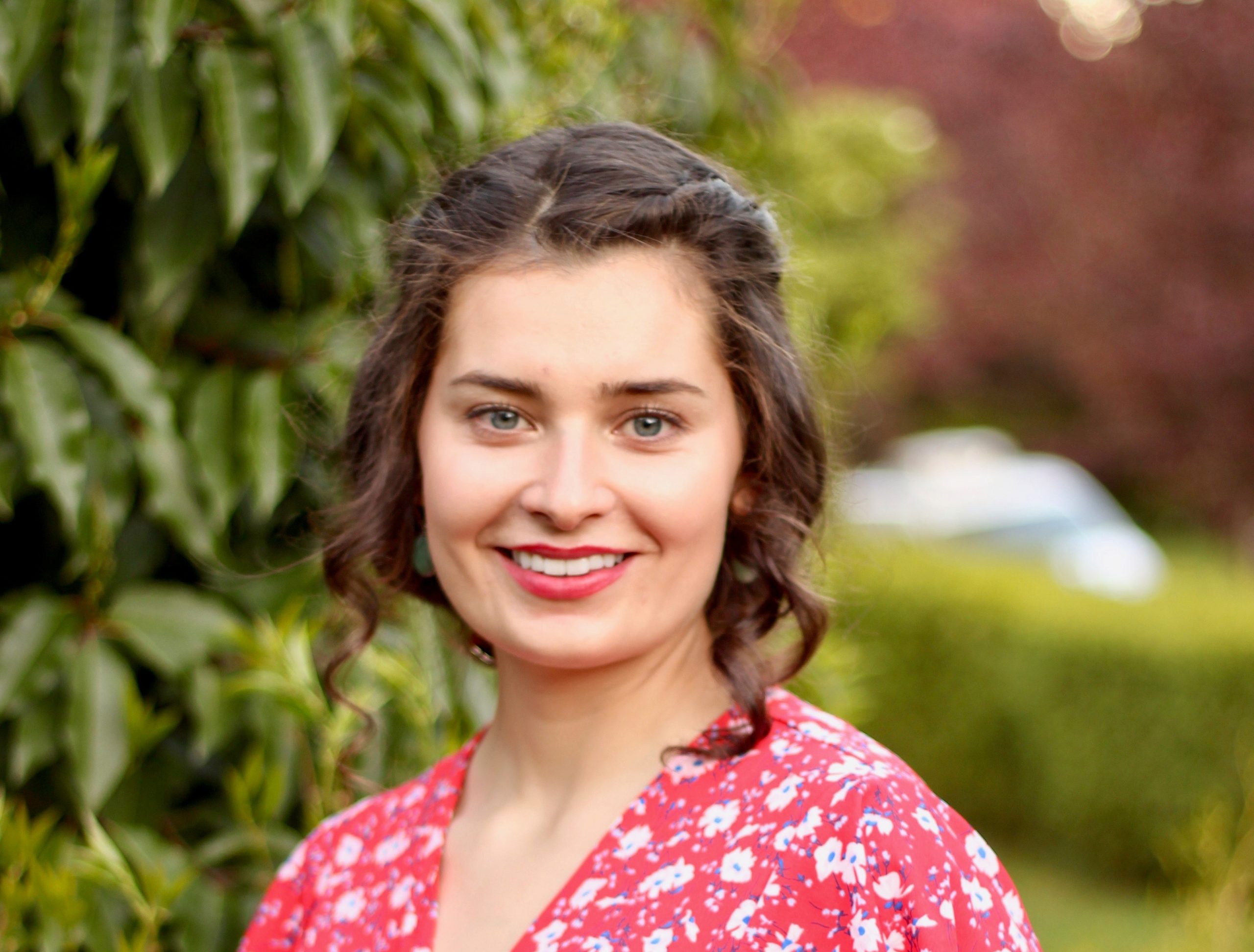
KELLY HURLEY – 2020
Kelly joined the lab in summer 2020 while completing a BSc. in Global Resource Systems. She held NSERC USRA modelling contemporary glacier runoff in the Canadian Cordillera using a temperature index model, in order shed light on how regional meltwater generation has evolved in recent decades . She currently applies her scientific skillset to issues of environmental justice and climate change adaptation.

ANNA KAVENEY – 2019

NIKITA WALLIA – 2016

JULIA NEWTON – 2014
